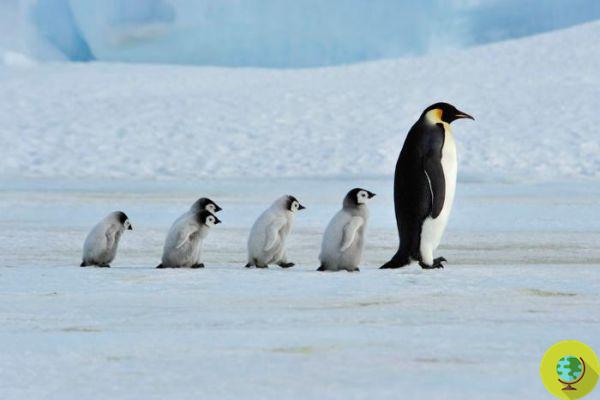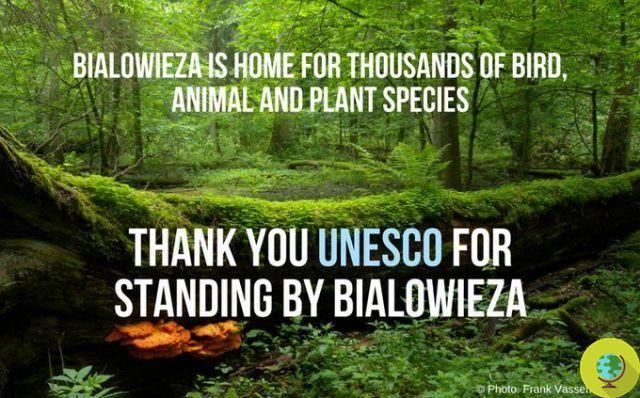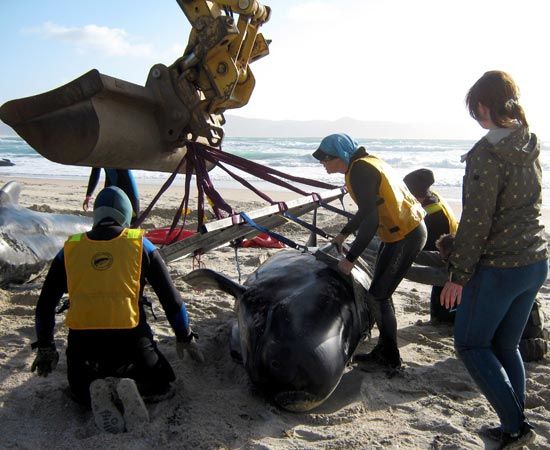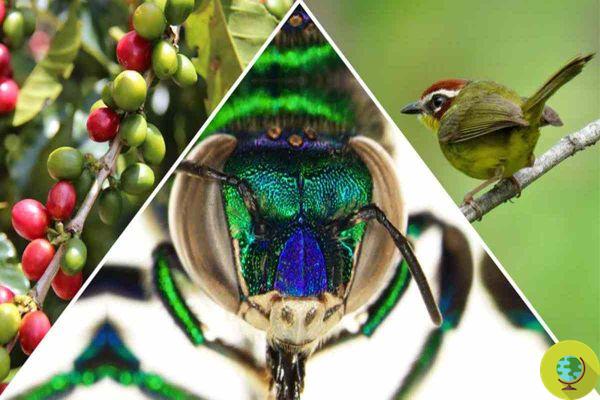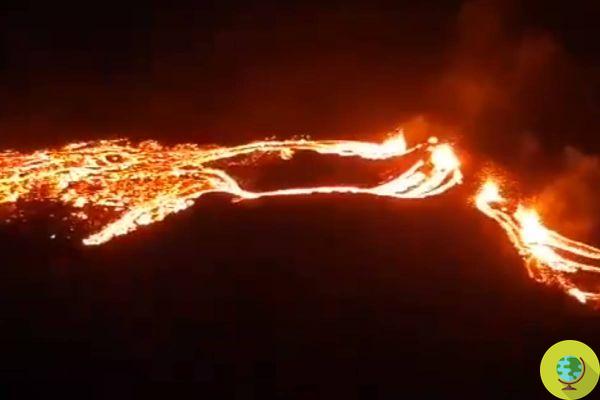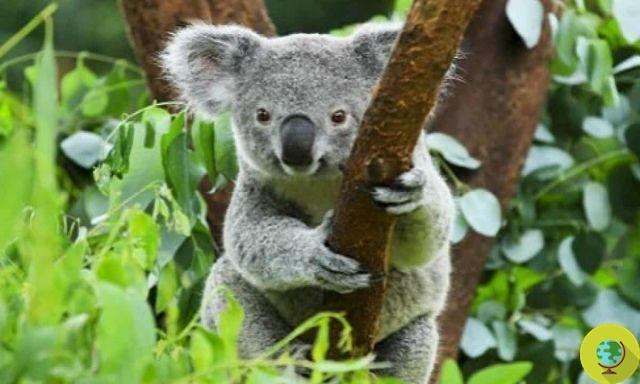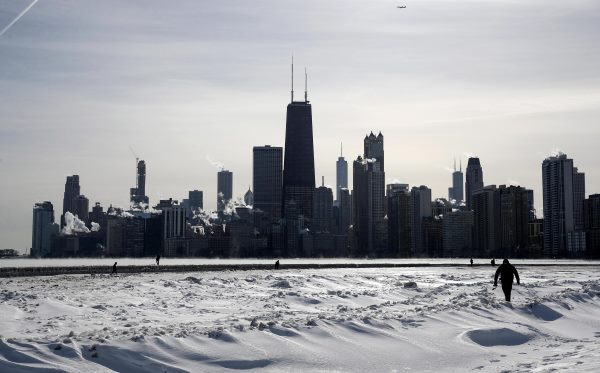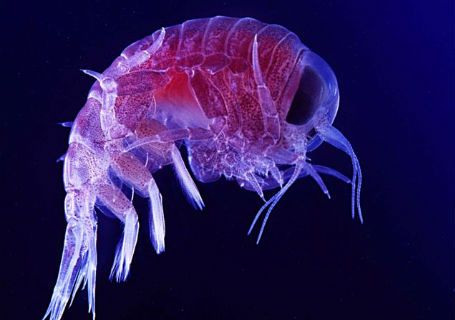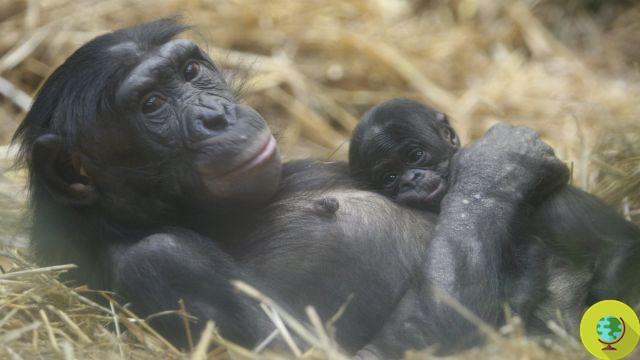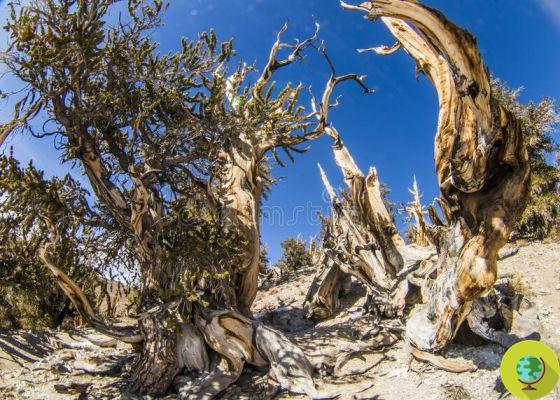The decline of insects is galloping at unprecedented rates and is literally "tearing apart the wallpaper of life"
He is about to end up run over, his mother saves himThe decline of insects is galloping at unprecedented rates and is literally "tearing apart the wallpaper of life". This was revealed by one of the largest international analyzes that casts new shadow on the terrible climate crisis, the effects of which are increasingly devastating.
Insects are by far the most diverse and abundant animals on Earth, with millions of species. Just think that they outnumber humans by 17 times. They are essential to the ecosystems humanity depends on, pollinating plants, providing food to other creatures, and recycling nature's waste. But a new analysis published yesterday in PNAS and based on 12 studies revealed that the man is literally torturing them, subjecting them to painful and dramatic agony.
Studies show that the situation is complex, with some populations of insects on the rise - those whose range is expanding as global warming holds back cold winter temperatures and others reduced to extremes.
Insects are unfortunately coping several threats at the same time including the destruction of wild habitats for agriculture, urbanization, pesticides and light pollution. Population collapses have been recorded in places where human activities dominate, such as Germany, but there is little data outside of Europe and North America and particularly from the wild tropical regions where most insects live. Right in the tropics, scientists fear that the climate crisis could cause serious damage to these animals.
According to the authors of the research, lnature is under siege and most of them agree that the world has entered the its sixth mass extinction eventa, the first since the late Cretaceous 66 million years ago, when more than 80% of all species, including dinosaurs, died.
“Continuing losses have been clearly demonstrated for groups of organisms. Terrestrial vertebrate population sizes and ranges have contracted by a third and many mammals have experienced a range decrease of at least 80% over the past century, ”the study reads.
But insects are more difficult to study. Scientists have tried to understand whether their decline is equal to or greater than that of other species, but so far the data is still too little.
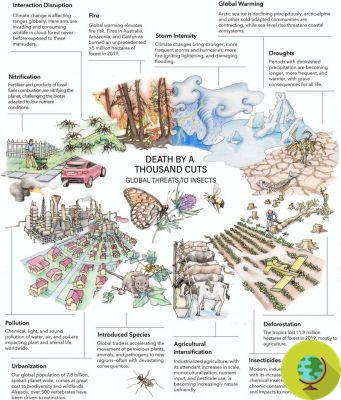
©PNAS
The causes of the decline
Climate change, insecticides, herbicides, light pollution, invasive species, and changes in agriculture and land use are causing the Earth to lose probably 1% to 2% of its insects each year, according to the University's entomologist. Connecticut's David Wagner, lead author.
A percentage that might seem small but losing 10-20% of animals in a single decade is absolutely frightening:
We are tearing apart the tapestry of life. We are creating a giant biological desert, ”Wagner said.
The study does not provide new data but paints a large if incomplete picture of a problem that is finally beginning to attract the attention it deserves. According to Wagner, most of the causes of insect decline are well known:
“But there really is a great unknown and it is the climate change, that's what scares me the most ". Greater climate variability could drive [insect] extinctions at a rate we've never seen before. "
La good news, if we can call it that, is that the increase in insect decline over the past two years has spurred many governments into action. According to the study's authors, increased public attention has spurred some actions, such as an EU initiative to protect pollinators, a € 118 million commitment to insect conservation in Germany and $ 25 million in Sweden.
“The most important thing we learn [from these new studies] is the complexity behind insect decline. No quick fix will solve this problem, ”said Roel van Klink of the German Center for Integrative Biodiversity Research. “There are certainly places where the abundance of insects is falling sharply, but not everywhere. This is a cause for hope, because it can help us understand what we can do to help them. They can recover very quickly when conditions improve. "
Sources of reference: Pnas, TheGuardian, Phys.org
READ also:
- Insect Atlas: Pesticides have already wiped out a third of bees and other species around the world
- The sixth mass extinction is faster and faster: the study
- We are recreating the same conditions as the largest mass extinction event in history
- Europe says no to Thiacloprid, the insecticide killer of Bayer bees
- Europe finally bans killer bee pesticides (but only three and only outdoors)







